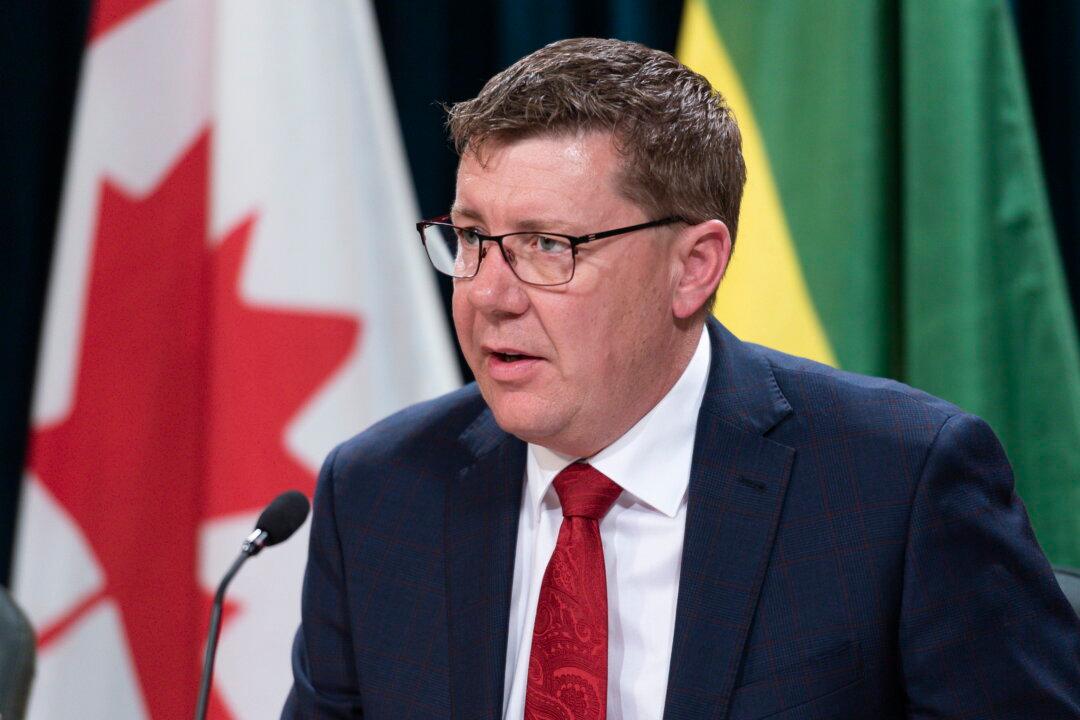Saskatchewan’s government called Ottawa one of the biggest threats to the provincial economy and said it intends to have the federal Clean Electricity Regulations reviewed by a newly created tribunal.
Premier Scott Moe made the announcement during the provincial Throne Speech on Oct. 25, saying his government would defend its autonomy and economy from federal overreach.





